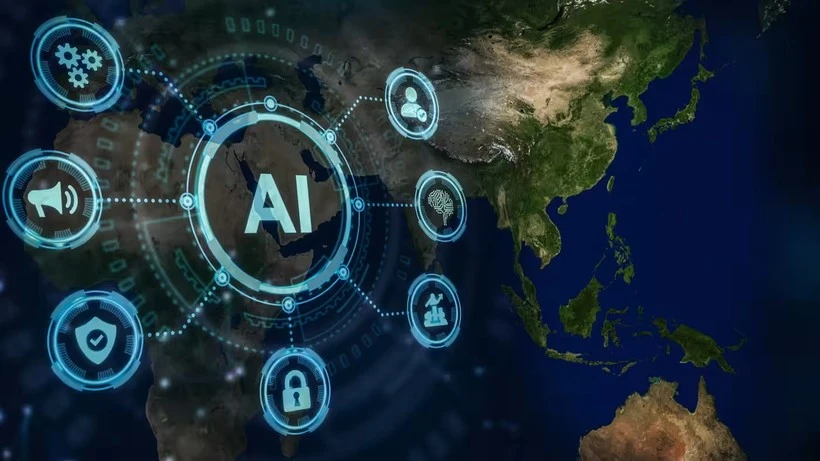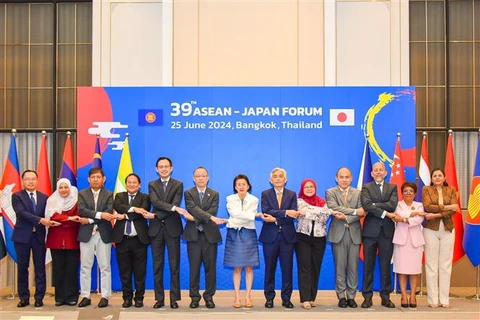
Tokyo (VNA) - Japan has said that it will help Southeast Asian countries train large language models (LLM) in their local languages to promote the advancement of artificial intelligence (AI) in the region.
Japanese Prime Minister Fumio Kishida is slated to announce the public-private initiative on July 5 at the Asia Business Summit hosted by the Japan Business Federation (Keidanren).
As the Japanese Government sees AI and decarbonisation as areas where the country can offer unique assistance to the Association of Southeast Asian Nations (ASEAN), the PM is expected to promote greater partnerships between Japanese AI companies and businesses in Singapore, Malaysia, Vietnam and the rest of the region, including on large language models.
LLMs are what power generative AI models like ChatGPT. Because they need to be trained on vast amounts of data, more advancements are being made in widely used languages like English.
Japan envisions its AI developers working with partners in Southeast Asia to train LLMs in the local language and cultural context, including by compiling text and voice data and testing the models. It also plans to provide computational resources, like graphics processing units used for data processing, to Southeast Asian countries.
Some partnerships have already taken off. Tokyo-based Elyza, a unit of mobile carrier KDDI, is developing a Thai LLM. The startup aims to match businesses in Japan and Thailand using services offered by a Thai conglomerate and Japanese fintech company Kokopelli.
Japan's Generative AI Accelerator Challenge (GENIAC) programme, which supports digital startups, will provide 29 billion JPY (179.8 million USD) in aid by the end of the fiscal year.
Kishida also will discuss initiatives under a digital skills-building plan that aims to train 100,000 people over five years in cooperation with ASEAN members./.






















